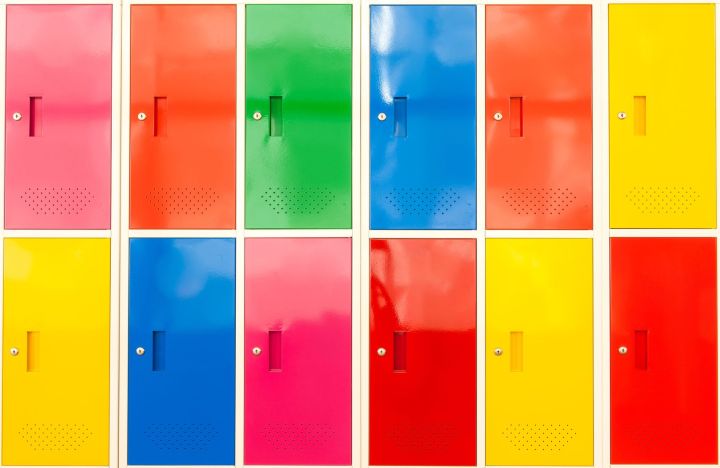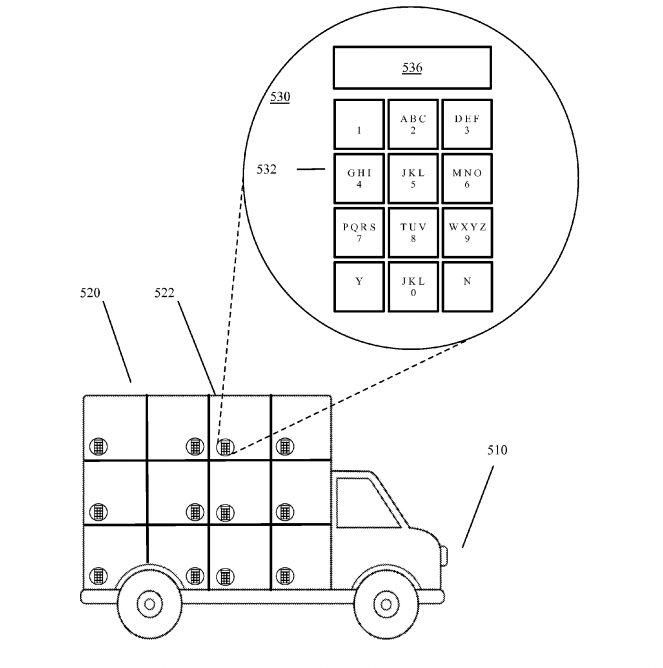
A patent awarded to the company this week suggests as much. It describes a truck with a bunch of storage lockers on the back containing ordered items from customers. The driverless vehicle would automatically send an alert to a customer as it nears their home. Once outside, the customer can obtain their package by swiping a payment card or entering an access code.
Once the delivery’s done, the truck tootles off to its next customer.
While it should be noted that this is just a patent and therefore may never actually hit the road, it nevertheless suggests Google is looking at a multi-pronged approach for its apparent autonomous delivery plans.
The Mountain View company has happily admitted it’s working on an autonomous delivery drone along similar lines to Amazon’s Prime Air flying machine, while more recently we learned of another Google patent featuring a “delivery receptacle” – let’s call it a high-tech box on wheels – designed to take delivery of a package from a drone and look after the item until the customer is available to receive it.
While delivery drivers won’t be getting too excited about Google’s idea for a driverless delivery truck, the company will see it as an obvious transition as vehicle technology moves toward becoming more autonomous.
It’d certainly prove useful in locations where its drones don’t have clearance to fly, such as over heavily built-up areas, though many companies and organizations – Google, Amazon, and NASA among them – are currently working on developing a safety-focused air traffic control system for drones to persuade the Federal Aviation Administration to loosen regulations on such flights.
Editors' Recommendations
- Watch out: Google Drive may have lost months of data
- We now know what the self-driving Apple Car might look like
- Waymo’s self-driving cars can’t get enough of one dead-end street
- Tesla issues stark warning to drivers using its Full Self-Driving mode
- Waymo ditches the term ‘self-driving’ in apparent dig at Tesla



